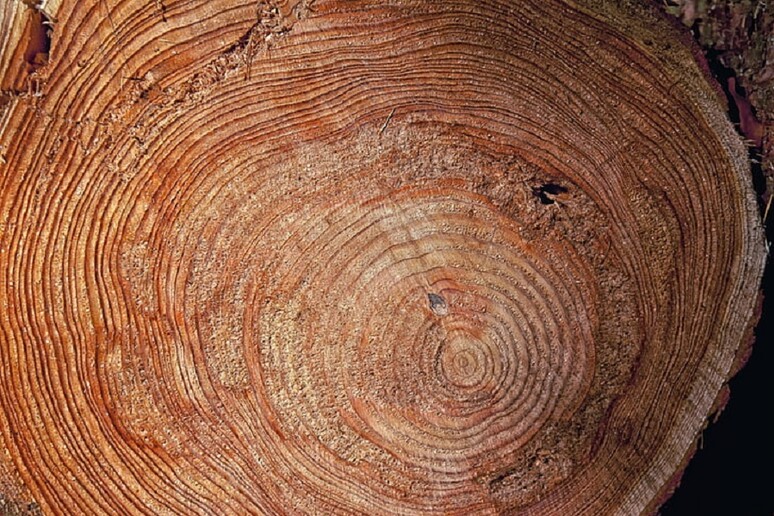Developing an innovative biotechnological process for the conversion of waste materials into high added-value products such as amino acids: this is the aim of the 'Meat from wood' project funded by the ministry of universities and research under the Prin 2022 call for proposals, led by Marco Vanoni of the University of Milan-Bicocca and conducted in conjunction with a research unit led by Elena Rosini in The Protein Factory 2. 0 laboratory at the University of Insubria.
The starting points for the research are two by-products available cheaply and in large quantities in Italy: lignin, which is little used in the paper industry and is often burned, and wheat bran.
In order for these biomasses to be used efficiently, they first need to be broken down through depolymerisation and then converted into selected compounds.
'Meat from wood' aims to arrive at the sustainable conversion of vanillin deriving from lignin or wheat bran into amino acids, the basic components of proteins and attractive and promising biochemical substances with a steadily growing market.
Riproduzione riservata © Copyright ANSA













